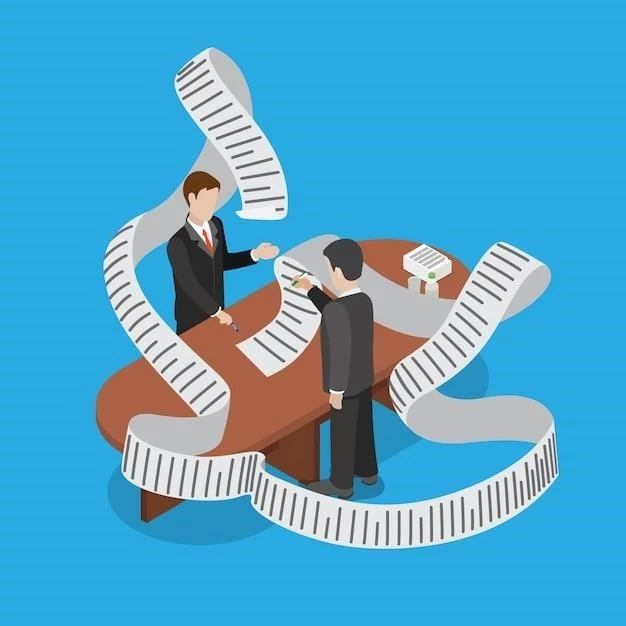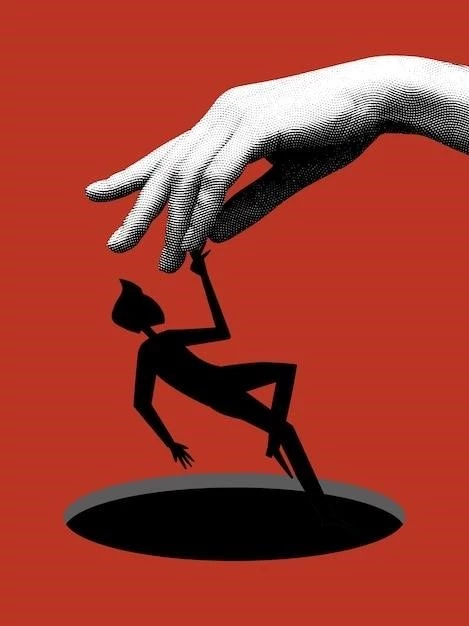The Illusion of Control and Other Biases I’ve Caught Myself In
We like to think of ourselves as rational beings, carefully weighing evidence and making calculated decisions. But the truth is, our brains are riddled with shortcuts – cognitive biases – that often lead us astray. These biases, while sometimes helpful, can also create blind spots and lead to poor decision-making. Recently, I’ve become fascinated by these mental quirks and have started noticing them in my own life. Let me share some of my experiences.

The Illusion of Control: My Lottery Ticket Fiasco
One bias I’ve had to confront is the illusion of control. This is the tendency to overestimate our influence over events that are largely determined by chance. My “aha” moment came during a work lottery pool. I was in charge of buying the tickets, and instead of letting the machine choose random numbers, I carefully selected each digit. I felt incredibly lucky, convinced that my chosen numbers were destined to win. Needless to say, we didn’t win.
This experience highlighted how the illusion of control can lead to irrational behavior. I genuinely believed my actions influenced the outcome, even though it was purely a game of chance. Now, I consciously remind myself to differentiate between situations where I have genuine control and those where I don’t. This helps me make more informed choices, whether it’s about picking lottery numbers or making investment decisions.
Confirmation Bias: My Political Echo Chamber
Another pervasive bias I’ve encountered is confirmation bias – the tendency to favor information that confirms our existing beliefs. I noticed this manifesting in my news consumption habits. Being passionate about politics, I realized I mostly followed news outlets and commentators that aligned with my pre-existing views. This created an echo chamber where my opinions were constantly reinforced, and dissenting viewpoints were rarely presented or considered.
Recognizing this bias was eye-opening. I made a conscious effort to diversify my news sources, actively seeking out perspectives that challenged my own. It wasn’t always comfortable, but it forced me to confront my own biases and develop more nuanced opinions. Breaking free from my echo chamber allowed me to engage in more constructive political discussions and appreciate the complexity of different viewpoints.

Availability Heuristic: My Fear of Flying (and Sharks)
The availability heuristic is another bias that frequently skews my judgment. This bias describes our tendency to overestimate the likelihood of events that are easily recalled, often due to their vividness or recent occurrence. A prime example is my irrational fear of flying. Despite knowing statistically, it’s one of the safest modes of transportation, every time I board a plane, my mind conjures up images of horrific plane crashes I’ve seen in movies or on the news.
Similarly, I’ve always been wary of sharks, even though I live nowhere near the ocean. This fear stems from watching countless documentaries about shark attacks, making them seem much more common than they are. I’m actively working on challenging these fears by reminding myself of the statistical realities. I also try to expose myself to information that counteracts the vivid imagery that fuels my anxiety, such as reading about the positive aspects of air travel or the crucial role sharks play in the ecosystem.
Overcoming Biases: A Work in Progress
Recognizing these biases is just the first step. Overcoming them is an ongoing process that requires constant vigilance and a willingness to challenge my own thinking. Here are a few strategies I’ve found helpful:
- Self-Awareness: Paying attention to my thoughts and recognizing situations where biases might be at play is crucial.
- Seeking Diverse Perspectives: Actively looking for information and opinions that challenge my views helps me break free from echo chambers and confirmation bias.
- Fact-Checking: Verifying information from reliable sources helps me avoid falling prey to misinformation or sensationalized news.
- Considering Alternatives: Before making decisions, I try to generate multiple options and evaluate them objectively, minimizing the influence of my initial instincts.
By understanding and addressing these biases, I hope to make more rational decisions, engage in more meaningful conversations, and ultimately, become a more objective and informed individual. It’s an ongoing journey, but one I believe is essential for personal growth and a more accurate understanding of the world around us.










